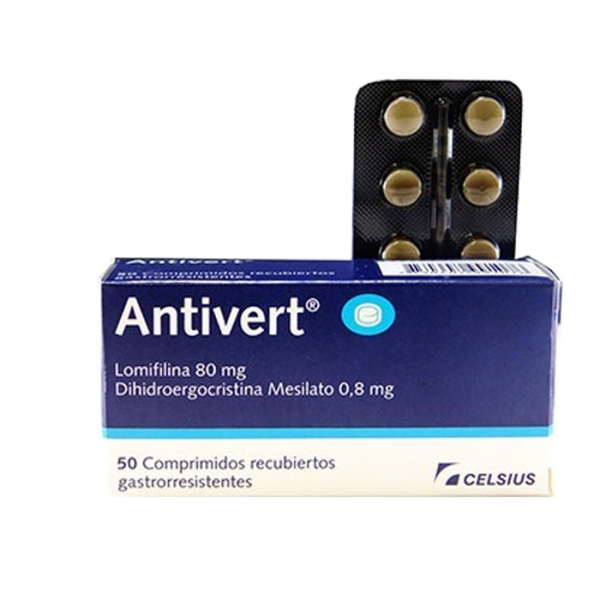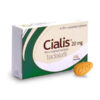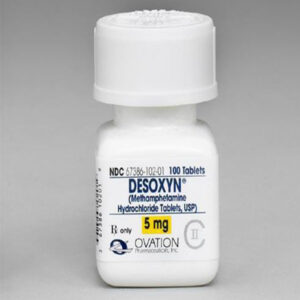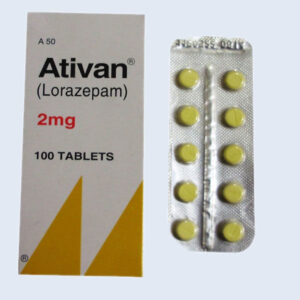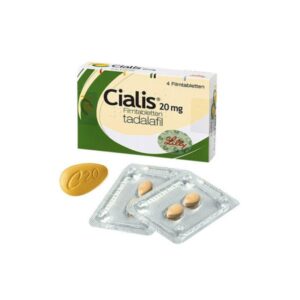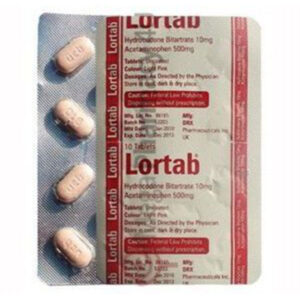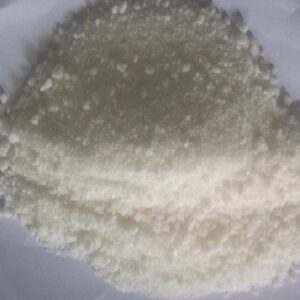Antivert – Meclizine
$40.00
Highlights:
Active Ingredient: Meclizine
Antivert is used for preventing and treating nausea, vomiting, and dizziness associated with motion sickness.
Other names for this medication
Acliz, Agyrax, Antivery, Avert, Bonadoxina
Uses
Meclizine is an antihistamine that is used to prevent and treat nausea, vomiting, and dizziness caused by motion sickness. It may also be used to reduce dizziness and loss of balance (vertigo) caused by inner ear problems.
How to use Meclizine HCL
Follow all directions on the product package. If your doctor has prescribed this medication, take it as directed. If you have any questions, ask your doctor or pharmacist.
Take this medication by mouth with or without food. If you are taking the chewable tablets, chew the tablet thoroughly before swallowing.
The dosage is based on your medical condition and response to treatment. Do not increase your dose or take this medication more often than directed.
To prevent motion sickness, take the first dose one hour before starting activity such as travel.
Side Effects
Drowsiness, dry mouth, and tiredness may occur. If any of these effects persist or worsen, tell your doctor or pharmacist promptly.
To relieve dry mouth, suck (sugarless) hard candy or ice chips, chew (sugarless) gum, drink water, or use a saliva substitute.
If your doctor has directed you to use this medication, remember that he or she has judged that the benefit to you is greater than the risk of side effects. Many people using this medication do not have serious side effects.
Tell your doctor right away if you have any serious side effects, including: mental/mood changes (such as restlessness, confusion), fast/irregular heartbeat, shaking (tremor), difficulty urinating.
Get medical help right away if you have any very serious side effects, including: seizures.
A very serious allergic reaction to this drug is rare. However, get medical help right away if you notice any symptoms of a serious allergic reaction, including: rash, itching/swelling (especially of the face/tongue/throat), severe dizziness, trouble breathing.
This is not a complete list of possible side effects. If you notice other effects not listed above, contact your doctor or pharmacist.
Drug interactions may change how your medications work or increase your risk for serious side effects. This document does not contain all possible drug interactions. Keep a list of all the products you use (including prescription/nonprescription drugs and herbal products) and share it with your doctor and pharmacist. Do not start, stop, or change the dosage of any medicines without your doctor’s approval.
Some products that may interact with this drug include: antihistamines applied to the skin (such as diphenhydramine cream, ointment, spray).
Tell your doctor or pharmacist if you are taking other products that cause drowsiness such as opioid pain or cough relievers (such as codeine, hydrocodone), alcohol, marijuana (cannabis), drugs for sleep or anxiety (such as alprazolam, lorazepam, zolpidem), muscle relaxants (such as carisoprodol, cyclobenzaprine), or other antihistamines (such as cetirizine, diphenhydramine).
Check the labels on all your medicines (such as allergy or cough-and-cold products) because they may contain ingredients that cause drowsiness. Ask your pharmacist about using those products safely.
This medication may interfere with certain laboratory tests (including allergy skin test), possibly causing false test results. Make sure laboratory personnel and all your doctors know you use this drug.
Related products
PAIN KILLERS
PAIN KILLERS
PAIN KILLERS
PAIN KILLERS
PAIN PILLS
PAIN KILLERS
PAIN KILLERS
PAIN KILLERS

